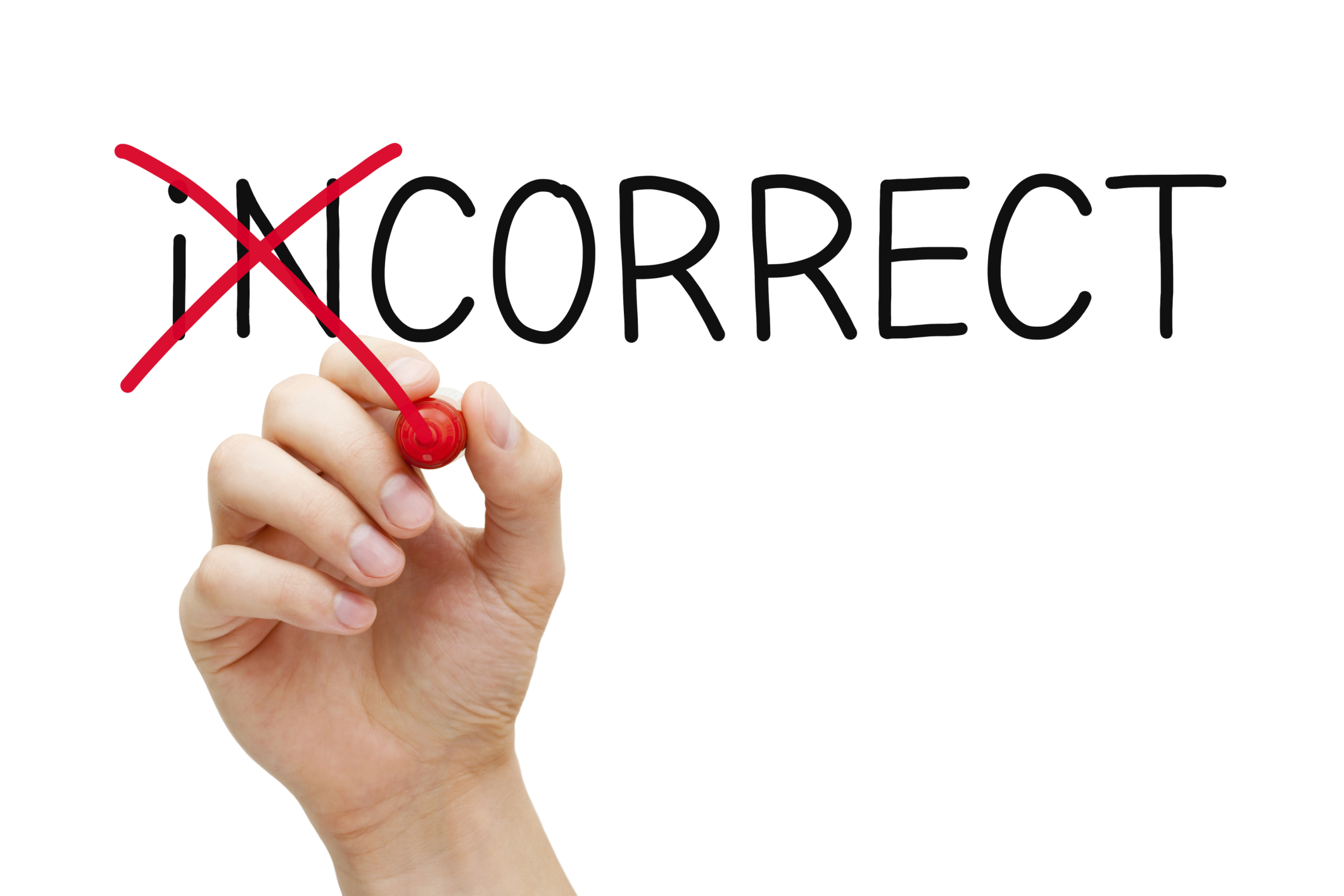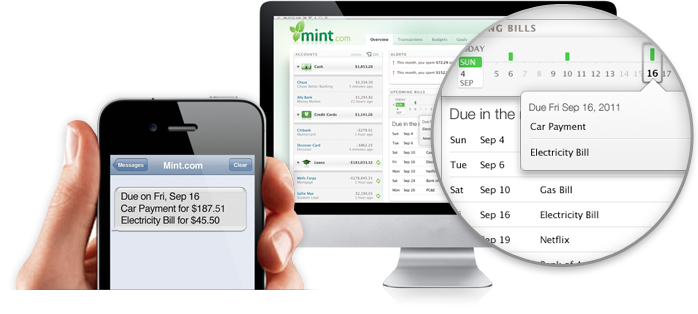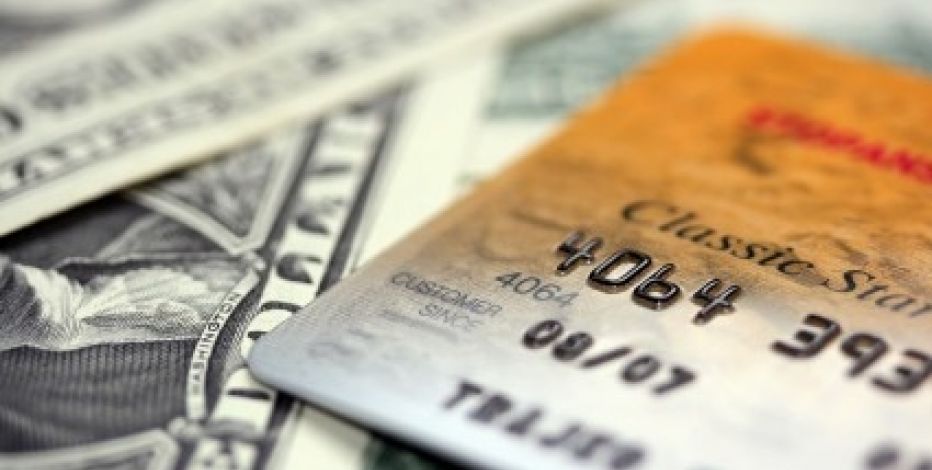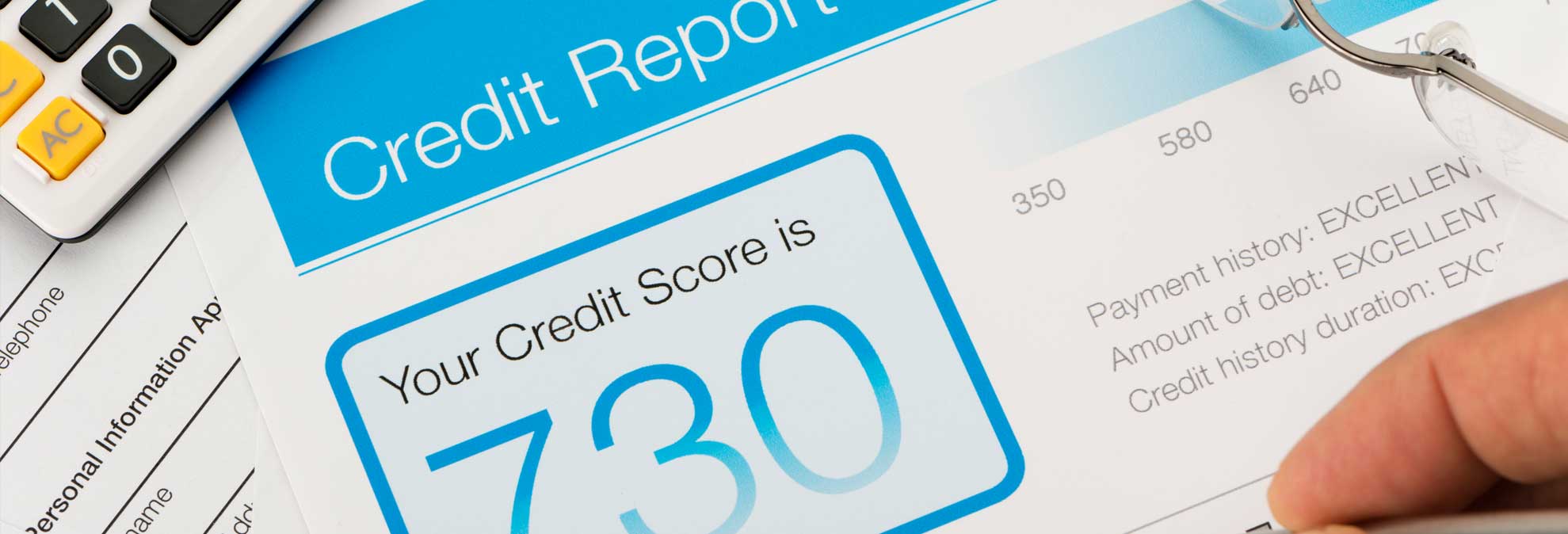Do you feel your credit score doesn’t match your potential?
You are not alone. There are many, many people are in that box.

(Source: glbc.com)
You are not alone in the sense that you want to do something about it. You will, in fact.
Considering people in worse financial situations than you, with determination and discipline, have fixed their credit scores. You are walking a well-trod path to financial freedom.
The good news is, the steps are worn well enough to duplicate what works best. This is your plan to getting your credit back on track, even if you are still in awful debt.
Fix Credit Errors

(Source: colonialwalletwisdom.com)
Sometimes the score you have is incorrect. You may have credit items weighing down your score, items which are not accurate. They may be not your debts or bills you’ve paid off but are still on your report.
Also, you may have debts showing that the creditors cannot substantiate. You can remove those as well.
You don’t need to hire someone to help you remove these things. Go to annual credit report dot com. Review your annual credit report. There are tools and tips there to help you address faulty items.
Pay Bills on Time

(Source: pennywatchers.org)
Your recent activity on your credit report weighs heavier than the older similar data. The sooner you start paying bills on time, the sooner those payment positively affect your score. Obviously, late payments will do the opposite. Connect with your creditors on the phone to see if you can work out plans to catch up on delinquencies. They are usually interested in working with you as much as they can. Collections cost them money.
The more proactive you are in working with them, the more likely they are to make concessions. They too have an interest in seeing your credit score improve. Just, don’t expect them to give away the store. They have a business to operate. Set up reminders, auto-pay, whatever it takes to execute your new terms.
Prioritize Your Debt/Investments

(Source: foxbusiness.com)
Once you decide you want to improve your score, you will want it done now. Maybe you’ve recently taken better-paying employment. You may have dreams of investing your new money. Wait.
Repairing your score takes time. Think of your paying down your negative interest as an investment for now. Most interest rates on debts will be higher than any returns from investments. You’re guaranteed debts. Returns on investments are not guaranteed.
Use a Credit Card

(Source: thesimpledollar.com)
This sounds counterintuitive, especially if it was credit cards that got you into this mess. By using credit cards in a responsible manner, you demonstrate the ability to pay your debts.
As one example, you could use one card to buy things you would normally buy in cash, like weekly groceries. Just, stick to the normal grocery shopping plan. Make a note not to spend that money, then when the bill comes, pay the bill with the money you have saved.
Once you get in the habit of paying for essentials a month after the fact, you can expand to other items like clothing or medication.
Work With a Credit Union

(Source: valuewalk.com)
Unlike banks, credit unions (CUs) are member-owned, not shareholder-owned. By joining a CU, you become a member; one of the very people the union serves.
You may be able to join one through your employer or through an organization. Start by asking around. Do a web search for local credit unions to see if you qualify.
CUs tend to make more exceptions with loans and credit cards.
If part of your plan to improve your score is to consolidate your debt or use a credit card as suggested above, a CU could be of great service.
Beware Credit Service Companies or Software

(Source: youtube.com)
Remember back when we said you weren’t alone. Sadly, some people take advantage of this fact. They promise to fix credit by claiming to know someone on the inside or telling you they have access to some secret process.
While receiving help from someone experienced may be worth your money, there are no tricks to fixing credit. There are no dirty deals, inside affiliations. These are urban legends, and in your case, red flags. Stay away.
Carefully consider any help. Check with independent review sources before giving anyone your money. If you can’t find independent reviews, stay away.

(Source: consumerreports.org)
Keep in mind there are three organizations that keep credit scores, Transunion, Equifax, and Experian. Different credit checks will use one or all three of these scores to determine your eligibility for credit. You’ll want to get all three scores above the 720 mark, meaning your score is excellent. Any jumps, however, will help your situation.
Above a 640 is good and above a 550 is fair. Anything under 500 is poor or very poor. Walk through these steps every month to make sure you are on track.
By this time next year, you could be up one level if you start now.



